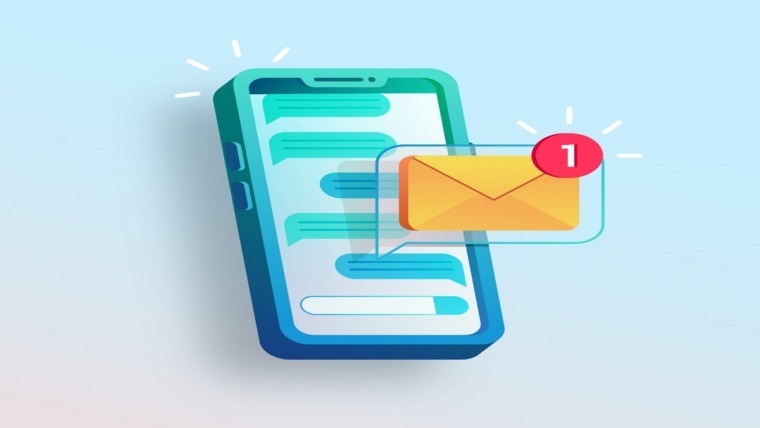
Written by Grace Conyers
If I were to ask you to name off all the apps that use your GPS location on your phone, tablets, and computers would you know? Sure, there are your maps, but did you know your email, social media, and even some games use location data? If you have a modern car with a navigation unit in it, it has the potential to track your location as well. Even farming weather stations track data from the region, sending it back to weather stations.
Every day your devices are collecting telematics data on you and the world around you. In this article, we'll look at what telematics is, what they are used for, and how you can protect your data and privacy.
What Are Telematics?
Telematics is the field of long-distance communication. At its core telematics takes the information gathered from GPS, wireless towers, routers, and modems and communicates this data to the different analytics companies, advertisers, and certain businesses for usage. This data can be used for a variety of reasons. Everything from helping you navigate to a new adventure to telling you the regional weather to reporting information on car crashes to collect your personal location for advertisement purposes. This last one is the one that companies use most often, and we aren't even aware of it following us around.
The Wonders Of Modern Tech
As you can tell, telematics can have a good side. If you have OnStar or any of the navigation units in your vehicle, it can report a flat tire to your company along with your location. If you need to find a location for the newest family restaurant everyone's raving about, it's got you covered via Maps. My family uses weather data from weather stations around the region to find out if it’s going to be a good day to spray the fruit trees. Truly, telematics can be useful for our busy lives full of travel.
It goes beyond travelling and farming, though, and into the realm of health. Previous research made the link between telematics and heart devices through the satellite system to a web-based dashboard where a doctor can see and track their patient's data (Kelly, 1995), but it hasn’t really gone anywhere beyond that.
Interestingly some schools are pushing to use telematics as part of Blackboard and Canvas, two educational platforms that students use to access their homework and lectures, to glean data on students so the teachers and schools can better communicate with the students. Besides location data, they also seek to compare that with demographics of the cities and towns so they can see socioeconomic status and other demographic data. Thankfully, this hasn’t been approved yet due to privacy concerns about student data that could easily be hacked via the school system.
Clearly, telematics and your GPS can collect a wide variety of information for a wider variety of reasons. Not all apps will collect the same information, and thus you should read the fine print carefully to see what, exactly, each app would collect and how they use it.
How does this impact your privacy?
Privacy, Black Boxes, & You.
Some systems are black boxes that collect your data automatically. These systems are your car navigation, your phones, tablets, and a variety of websites. With these black box systems, you have less control to no control over your data being collected.
In your car's navigation, it is collecting information the moment you turn it on to the moment you turn it off on your location as well as what the car is doing. But, the good point about this is that the information is locked. The only people that can access it are at the companies that provide your onboard navigation company, and you'd have to check your contract to find out exactly what conditions the data can be accessed.
Unfortunately, apps on your phone, tablet and even websites are not so airtight with your data. Most of the time there are no issues, but what if... Worst case scenario is a stalker could find your location through a social media platform and follow you or your children.

Social media and websites that are visited on any device pick up a variety of data via cookies. They know your location down to a rough few city blocks. They know if your demographics, such as age category, sex, if you have children, how much money you make, etc. This information is collected most often by Google and Facebook from every website.
Fortunately, There Are Three Things You Can Do To Protect Your Family
1. On a mobile device, turn off the GPS when not needed. If you don't need it for helping you navigate turn it off. Bonus: it'll save your phone battery as it won't always be searching for a location. If you're on a computer, turn off cookies as often as possible.
2. Read the fine print. If an app asks you for your location, find out why. Then, make a decision on whether or not you want to use that app. If you want to use the app, but not all the time, feel free to turn off the GPS on your devices when not in use. If the GPS is not on, it can't track you.
3. If a website asks you if you want to receive push notifications... say no. If you really want to receive notifications, learn how to turn them off in case you change your mind. This is browser and device-based, so you would have to look up directions for the ones you use.
Another consideration you might want to take into account is smart devices. Smartwatches, smart thermometers, and smart lights all communicate with a variety of other devices through the "Internet of Things," making it so your data from one device is shared across the network, making it more vulnerable. The more things you have interconnected, the more vulnerable your data is, so simplify things as much as you can.
Taking these steps will not protect your privacy completely. Like the Do Not Track and Incognito features, websites and companies can choose to ignore certain things. Often times your data will be collected, but it will be "fuzzier" or not as refined as it was without using any tools at your disposal.
References:
Kelly, M. (1995). Telematics for Health. Health Education Journal, 54(2), 266-267.
What You Are Telling What You Are Telling What You Are Telling What You Are Telling What You Are Telling



